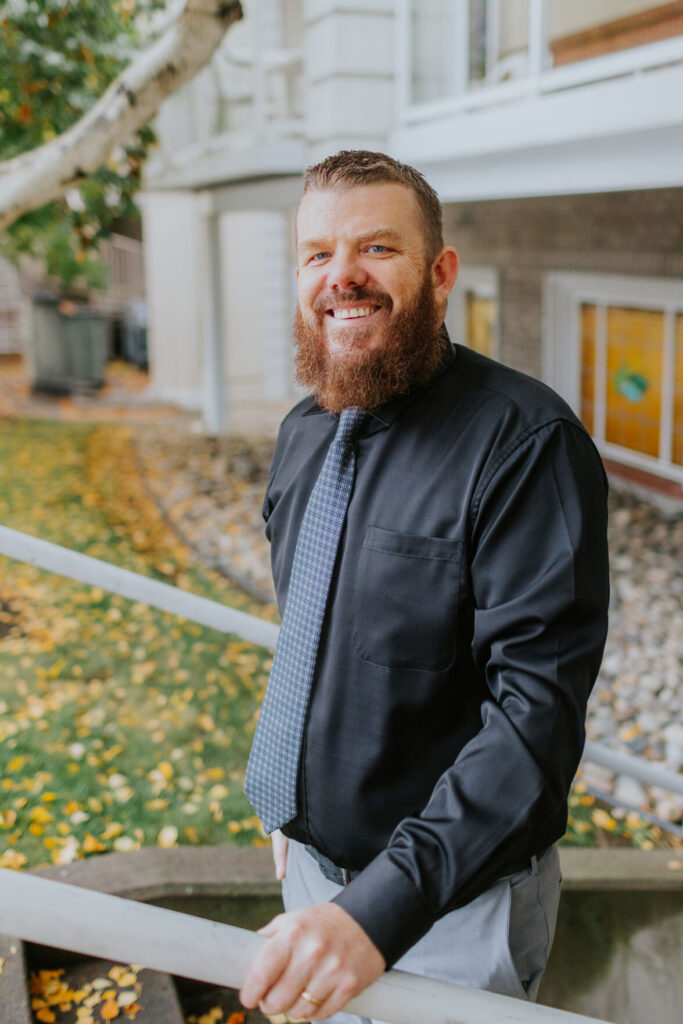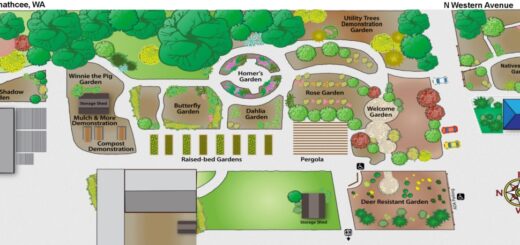Joey Hunter’s journey out of addiction fuels his passion for helping others
Joseph “Joey” Hunter knows firsthand how difficult it is to break the cycle of addiction and has committed his life to helping others discover how rewarding life can be in recovery.
By his personal example and leadership, Hunter is demonstrating that as a community we are far better off finding ways to help people address the root causes of addiction — unaddressed trauma and emotional pain — which allows them to discover the joy of recovery and reconnection with fellow human beings.
Hunter, who has been in recovery for seven years, is the Recovery Coach Network Manager for Thriving Together NCW, a nonprofit dedicated to the health and well-being of individuals from all walks of life and circumstances.
What distinguishes the Recovery Coach Network is that it is a peer-driven program that connects trained individuals who are in recovery with fellow human beings still struggling with addiction. A person who has already been down that tortured path has keen insights to share with those trying to find a way out of addiction.
Hunter knows firsthand what life is like in addiction. A native of Moses Lake, his family had limited resources and a history of addiction. Growing up, Hunter used substances to help cope with the emotional pain he was experiencing as well as his undiagnosed mental health challenges.
Hunter’s life went from bad to awful after he was prescribed opioids after having surgery in 2009. Like countless others, getting hooked on opioids for Hunter was a one-way ticket to a personal hell. His deep-seated fears and insecurities could be temporarily forgotten when he was high, but when that euphoria subsided, the emotional emptiness underneath came roaring back. His life spiraled out of control as his relationships were destroyed and he ended up in a cycle of incarceration, homelessness and hopelessness.
It is now common knowledge that executives at Purdue Pharma and other opioid manufacturers were aware of the highly addictive quality of their drugs that destroyed families and resulted in the deaths of countless tens of thousands of Americans. In 2021 alone, more than 80,000 overdose deaths in the country were connected to opioids.
When the medical profession cracked down on opioid overprescription, Hunter, like many others, switched to heroin to get high.
In retrospect, Hunter now sees that using drugs was a way of coping with emotional pain. “I no longer had to deal with the mental health that was going on — the childhood traumas — because I was numb due to that narcotic,” Hunter said.
Addiction is deeply ingrained in our society that goes far beyond those who are using drugs and alcohol to numb emotional distress. We all have our addictions, whether that is to being distracted, food, sex or any of a myriad of ways to numb our pain.
As he began recovering, he received psychological help for the emotional pain that was at the root of his substance abuse. “I had a Joey problem and I just used drugs to cope with this,” he said. Hunter discovered that recovery is possible with the right community support and developing a sense of kinship that a recovery community provides.
When you’ve been addicted and incarcerated, getting a good job is very difficult. Pacific Aerospace took a chance on Hunter and hired him to work on a CNC (computer numerical controlled) machine. When he was first hired, he recalled showing up hours early and waiting in his car for fear he might oversleep and miss work.
Another major step was choosing to apply for the job as Recovery Coach Network Manager at Thriving Together NCW. They wanted someone with lived experience in addiction and recovery to develop the program.
Joey Hunter has found his niche in life — working to create a recovery movement to help others struggling with addiction find meaning, purpose and community and he is making extraordinary contributions to the well-being of our region.
Community members and civic leaders should be listening carefully to Joey Hunter’s insights as we collectively grapple with ways to address the mental health and substance abuse challenges in our communities.
For more information about Thriving Together NCW and the Recovery Coach Network, check out thrivingtogether.org.



